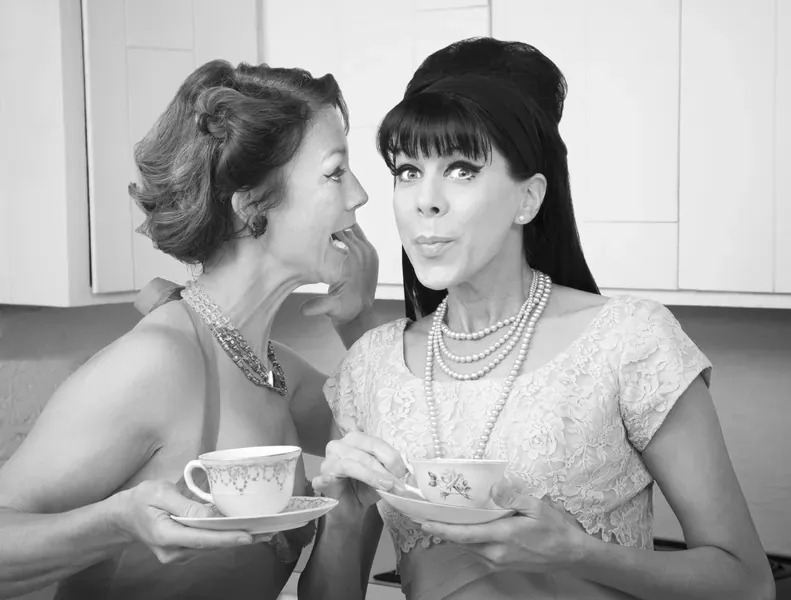We Need To Talk About The Way We Talk

As part of our work at Triple P, we sometimes do surveys of parents asking about different issues in family life. Something that often stands out for me is how many people say they feel their parenting is being judged by others. Yet many also say they find themselves judging other parents.
While some competition in life can be healthy, the idea that parenting is a race and we’re all up against each other is not. In the short term, you may feel slightly smug or superior to another Mom or Dad if you’ve decided they have no idea about suitable nutrition, activities, fashion, toys or even a first name for their child. But in the long term, cultivating a society which encourages us to make snap judgments about others’ parenting can make every parent feel that, in some way, they’re falling short of a mythical perfect mark. Not to mention how everyone starts to dwell on what they imagine the other parents in the playground or school carpark are thinking.
It doesn’t help that our consumer culture fosters the idea that only by purchasing the right homes, cars, tech devices, baby goods and so on will we ever really be giving our children what they deserve.
The problem then is how do we meaningfully and openly discuss the fact that some family environments ARE better for children than others, without descending into public finger-pointing? Shaming people who need help is unlikely to do anything useful, and we know that conduct and behaviour problems will arise in a broad cross-section of families, despite parents’ best efforts to deal with them. Over-zealous parenting also has its downside: anxious, depressed kids and teenagers who lack life and relationship skills. We need to find and focus on realistic and practical ways to help all parents do their best.
There’s a related problem, when parenting is only discussed in terms of how hard it is, what a burden it is, and how my, or your, child is being a little so-and-so. Again, this may feel cathartic in the short term. But the words we use amongst ourselves and others are incredibly important. Being too negative in the way we talk about parenting and family life is just not healthy. Suggesting, even in jest, that children are deliberately trying to make our lives difficult is not conducive to solving the problem. Likewise, using words we wouldn’t use to describe adults we love – a couple of four-letter varieties to do with feces come to mind. How we talk about parenting and about our kids doesn’t only affect us and our children. We’re also influencing how others talk and act.
As I’ve been doing Triple P seminars recently, I’ve spoken about how we, as parents, can fall into a habit of speaking and thinking negatively. I’ve seen a lot of people looking at their partner, nodding and nudging, and agreeing that it’s easily done. But it can fuel a lot of negative emotions and behaviour which can become part of the problem within families and broader society. The language we use can have a big impact on how we feel and how we behave.
I’m not suggesting that people walk around with rose-coloured glasses. But what we should be doing is thinking and acting more positively about the possible outcomes and the benefits of parenting. We can learn to be less critical and more solution-focused.
So, after a seminar with parents, I ask them to think about what we’ve discussed. If they feel they’ve picked up some useful information, how can they spread that message in a helpful way to others in their circle? How do we team up to say to ourselves, other parents, and the whole community that parenting can be positive? Let’s share thoughts and ideas in a supportive rather than a competitive way. We’re all in this together – including our kids.

